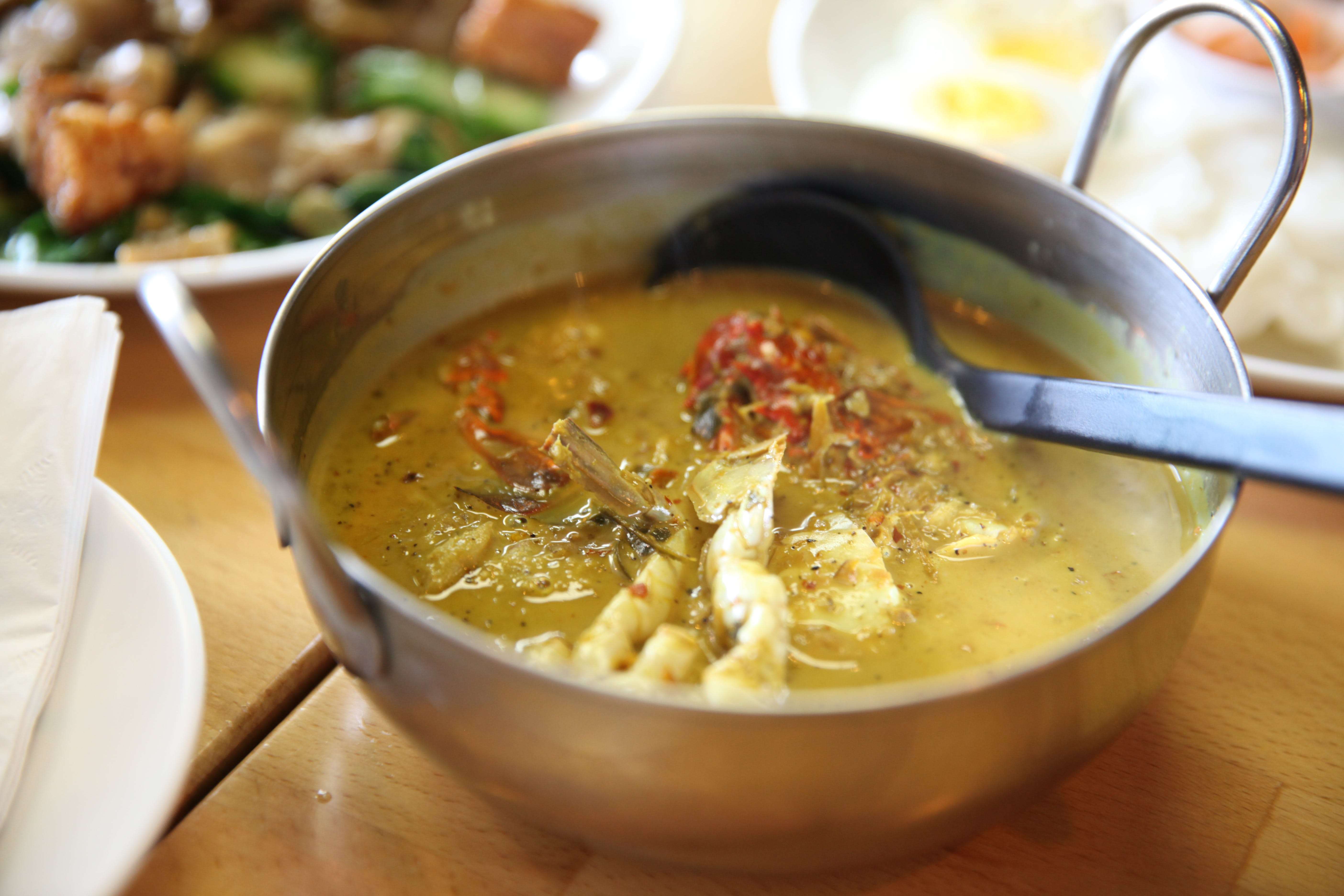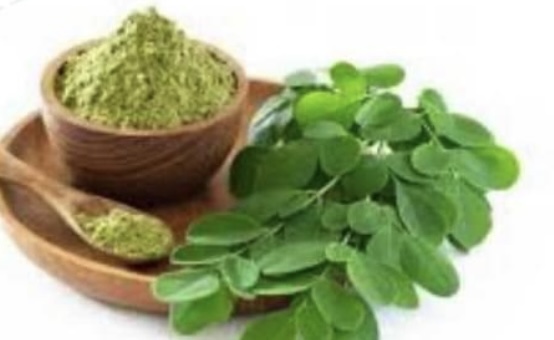Benefits of Iron Minerals, Symptoms of Deficiency, and Foods Rich in It
introduction
Table of Contents
Iron is a vital mineral essential for various bodily functions. It plays a crucial role in the production of hemoglobin, a protein in red blood cells responsible for carrying oxygen from the lungs to tissues throughout the body. Here are the key benefits of iron:
Iron, a vital mineral, plays a crucial role in maintaining overall health and well-being. From oxygen transport to energy production, its benefits are extensive. Here’s a breakdown of the significance of iron, its deficiency symptoms, and top sources to ensure your body gets enough of this essential nutrient.
Benefits of Iron
- Oxygen Transport: Iron facilitates the transportation of oxygen, aiding in energy production and ensuring proper cell function. Iron is a core component of hemoglobin, the protein in red blood cells responsible for carrying oxygen throughout the body. Adequate iron levels optimize oxygen supply, enhancing energy levels and cognitive function.
- Healthy Blood: It supports the formation of healthy red blood cells, preventing anemia and promoting overall blood health.
- Energy Production: Iron assists in the production of adenosine triphosphate (ATP), the primary energy currency of cells. Sufficient iron intake supports metabolic processes, aiding in energy production and reducing fatigue.
- Brain Function: Iron contributes to cognitive development and helps maintain proper brain function.
- Healthy Immune Function: Iron contributes to a robust immune system by supporting the proper functioning of immune cells, aiding in the body’s defense against infections and illnesses.
Symptoms of Deficiency

Low iron levels can lead to iron deficiency anemia, causing symptoms such as fatigue, weakness, pale skin, shortness of breath, dizziness, headaches, and brittle nails. Severe cases may result in complications like heart problems or delayed growth and development in children.
Foods Rich in Iron
- Red Meat: Beef, lamb, and pork are rich sources of heme iron, which is more readily absorbed by the body.Beef, lamb, and pork are excellent sources of heme iron, which the body absorbs more efficiently compared to non-heme iron found in plant-based foods.
- Poultry: Chicken and turkey are good sources of heme iron.
- Seafood: Fish like tuna, salmon, and shellfish contain iron, along with other essential nutrients.
- Legumes: Beans, lentils, chickpeas, and soybeans provide non-heme iron, beneficial for vegetarians and vegans.Lentils, chickpeas, and beans are great plant-based sources of iron, suitable for vegetarians and vegans.
- Leafy Greens: Spinach, kale, and Swiss chard offer non-heme iron, coupled with various vitamins and minerals.Spinach, kale, and other leafy greens provide non-heme iron along with other essential nutrients.
- Nuts and Seeds: Pumpkin seeds, sesame seeds, almonds, and cashews are iron-rich snacks.These are nutritious snacks that contain iron along with healthy fats and other beneficial nutrients.
- Fortified Foods: Certain cereals, bread, and other fortified foods contain added iron.Cereals, bread, and some other grains are fortified with iron, making them a convenient option to increase iron intake.
Symptoms of Iron Deficiency:
- Fatigue: Feeling unusually tired or weak, even after adequate rest, is a common symptom of iron deficiency as it impacts oxygen circulation.
- Pale Skin and Weakness: Reduced hemoglobin levels can cause paleness in the skin, along with feelings of dizziness or lightheadedness.
- Difficulty Concentrating: Inadequate iron can affect cognitive functions, leading to difficulties in concentration and decreased productivity.
- Shortness of Breath: Insufficient oxygen transport due to low iron levels can result in shortness of breath, especially during physical activities.
Incorporating iron-rich foods into your diet can help maintain optimal iron levels. Combining them with vitamin C-rich foods enhances iron absorption. However, excessive iron intake can be harmful, so it’s essential to maintain a balanced approach and consult a healthcare professional before taking supplements.
Remember, ensuring adequate iron intake contributes significantly to overall health and well-being by supporting vital bodily functions.

Benefits of Iron Minerals, Symptoms of Deficiency, and Foods Rich in It




